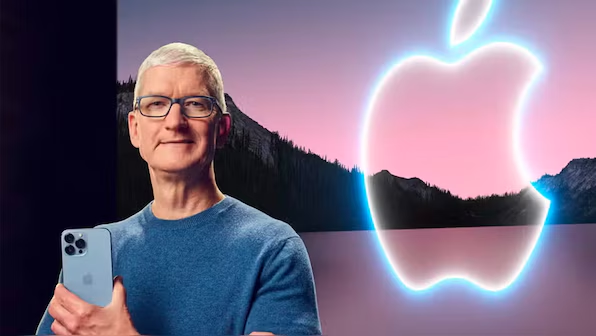OpenAI is giving ChatGPT a serious upgrade. The company has begun rolling out a new memory feature that lets the AI chatbot remember key details from past conversations. This means users can now enjoy more personalized, context-aware responses across text, voice, and image interactions.
The feature, labeled “reference saved memories” in ChatGPT’s settings, is designed to help users avoid repeating themselves. Whether you’re using ChatGPT to plan a trip, brainstorm content ideas, or debug code, the bot will now be able to recall previous chats to deliver smarter, more relevant replies.
For now, the feature is being released to Pro and Plus subscribers—though users in the U.K., European Union, Iceland, Liechtenstein, Norway, and Switzerland will have to wait. OpenAI says those regions require extra regulatory reviews before memory features can go live, but it’s committed to expanding availability in the future.
There’s no launch date yet for free-tier users. OpenAI confirmed that its current focus is on premium subscribers.
Unlike older versions where memory updates required specific user prompts, this new rollout makes everything smoother and more intuitive. Once enabled, ChatGPT will automatically retain useful details—like your name, tone preferences, or favorite projects—without the need for constant reminders.
Still, not everyone is comfortable with AI remembering personal data. For those users, OpenAI has added full control. You can disable memory entirely, delete specific saved memories, or use a Temporary Chat session that leaves no record behind. Just visit your ChatGPT settings to manage your preferences.
If you’re ever unsure what the chatbot remembers about you, just ask—it can tell you directly.
This memory rollout builds on previous updates OpenAI introduced in 2024, where ChatGPT could be told to remember or forget something. But this latest feature shifts the burden away from users, making personalized AI more seamless and user-friendly.
Memory will be automatically enabled for anyone who had it turned on in earlier versions. And for new users, the tool offers a more fluid and conversational experience that evolves with their needs—no need to start from scratch each time.













